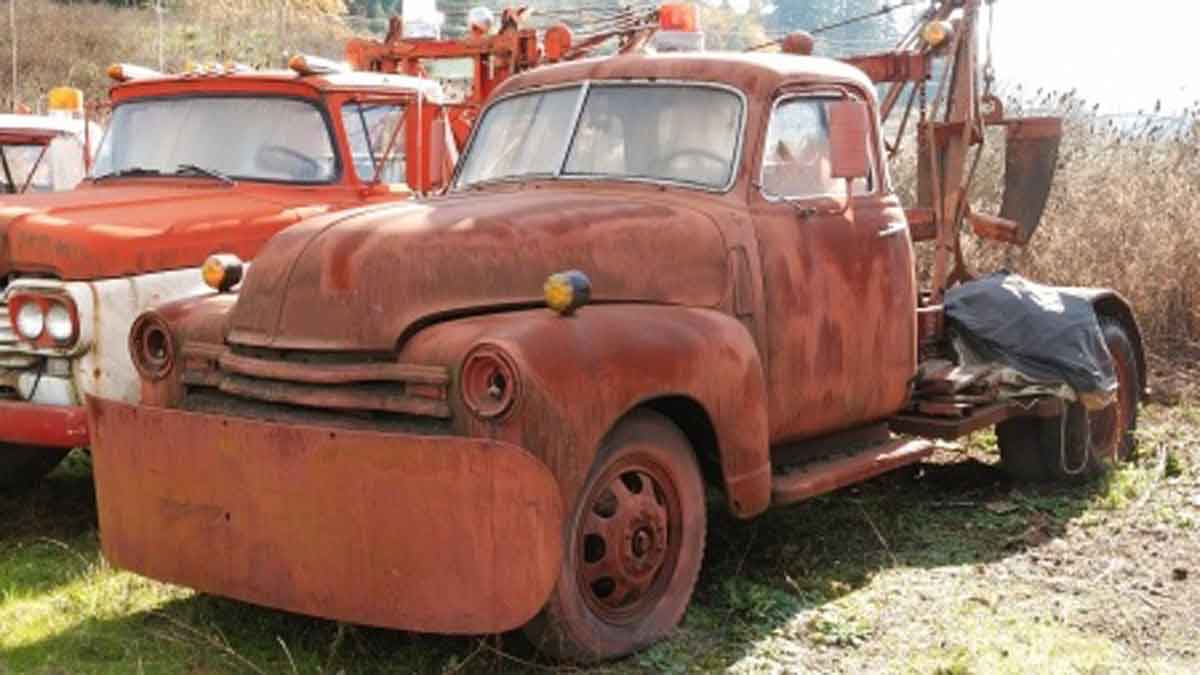Junkyard Near Me: Discover the most effective Neighborhood Junkyards for Your Car
Junkyard Near Me: Discover the most effective Neighborhood Junkyards for Your Car
Blog Article
The Ecological and economic Benefits of Recycling Junk Cars And Trucks
Recycling scrap cars provides various financial and ecological benefits that extend well beyond waste reduction. By redeeming as much as 90% of automobile parts, this method significantly reduces land fill worry while preserving crucial all-natural sources. It reduces down on power use and greenhouse gas exhausts connected to raw material removal and production. The process likewise creates employment possibility throughout different markets, from taking down to logistics, and gives customers with economical automobile parts. These advantages underscore the diverse worth of reusing junk autos, yet there are further facets to take into consideration when evaluating its complete impact.
Minimizing Landfill Waste
Reducing garbage dump waste via the recycling of scrap automobiles plays a pivotal function in environmental conservation. When vehicles reach the end of their life cycle, effective recycling procedures can substantially reduce the quantity of waste that finishes up in land fills. Scrap automobiles, otherwise correctly reused, add to the growing problem of landfill overcapacity, aggravating environmental destruction and possibly infecting soil and groundwater with hazardous materials such as oil, gas, and hefty steels.

Moreover, the recycling process minimizes the unfavorable effects of automobile waste on biodiversity. Land fills are well-known for disrupting local ecosystems, and reducing the increase of scrap autos helps preserve all-natural environments. Ultimately, recycling junk vehicles is a strategic technique that fosters sustainable waste management, aligning with broader environmental goals.
Conserving Natural Resources
Along with mitigating landfill overcapacity, reusing junk cars plays a substantial duty in saving natural resources. The vehicle sector is heavily dependent on different metals, plastics, and other products that call for substantial mining and handling. By recycling junk cars and trucks, we significantly reduce the demand for resources, consequently curbing the environmental degradation connected with mining activities. Recycling steel from old lorries decreases the requirement for iron ore removal, which in turn lowers power usage and greenhouse gas emissions.
Additionally, the process of recycling automobile parts such as copper, light weight aluminum, and lead is far less energy-intensive than generating these materials from virgin sources. This energy savings translates straight right into lowered fossil fuel consumption and lower carbon impacts (we buy junk cars Denver). In addition, by reclaiming and repurposing products, we prolong the lifecycle of non-renewable sources, guaranteeing they continue to be readily available for future usage
Additionally, recycling vehicle liquids like antifreeze, oil, and transmission fluid protects against dangerous materials from contaminating dirt and water sources. Through organized reusing initiatives, these liquids can be cleansed and reused, advertising a circular economic climate and more lessening the stress on natural deposits. Hence, reusing junk cars and trucks provides a diverse strategy to conserving our world's important natural possessions.
Developing Task Opportunities
The recycling of junk cars not just profits the setting however also boosts financial growth by creating job chances. This burgeoning sector uses a large array of work leads, ranging from the initial collection and transportation of old cars to the complex processes of taking apart, sorting, and repurposing the numerous elements.

The proliferation of reusing plants better intensifies the task market, demanding roles such as designers, device operators, and quality assurance specialists to ensure and handle the sophisticated machinery compliance with environmental policies. Also administrative settings, such as sales, advertising, and client service, see a rise as the industry increases.
Decreasing Production Expenses
By integrating recycled materials from junk autos, suppliers can considerably lower production expenses. The usage of recycled steel, light weight aluminum, and other beneficial steels reduces the need for raw product extraction, which is both costly and energy-intensive. This not only conserves natural sources but also translates right into considerable cost financial savings for automobile suppliers. The energy needed to process recycled products is substantially less than that needed to create new products from scratch. Consequently, this decrease in energy intake directly correlates with decreased production expenses.
In addition, the recycling process assists enhance the supply chain by offering a steady influx of materials that are readily available and commonly cheaper than freshly mined resources. These price efficiencies are especially essential in a very competitive market like auto production, where margins can be razor-thin. Furthermore, the recycling of junk cars and trucks helps mitigate the volatile pricing of raw materials, enabling producers to much better projection and regulate their production budget plans.
Supplying Budget-friendly Automobile Parts
When junk cars are reused, the availability of budget friendly auto components significantly enhances, profiting both customers and service center. Recycled vehicle components are frequently cost a portion of the price of new components, giving an affordable option for automobile proprietors and mechanics. This price can be critical for people that may not have the financial means to acquire new elements, enabling them to maintain their vehicles in safe and functional problem.
Service centers additionally get from this raised availability of budget-friendly parts. By sourcing recycled elements, these services can reduce their functional expenses, which can be passed on to customers through lower solution charges. This, subsequently, sell my junk car today can lead to higher consumer satisfaction and commitment, as clients appreciate the price savings without jeopardizing on quality.
Furthermore, the top quality of recycled components has enhanced considerably throughout the years, many thanks to innovations in recycling procedures and quality assurance procedures. Several recycled parts undertake rigorous screening to guarantee they meet market requirements, supplying integrity similar to repairs - scrap my car. By offering a high-grade and economically feasible choice, the recycling of scrap automobiles plays an essential role in supporting both the auto repair work market and the broader customer market
Verdict
Recycling scrap cars presents significant financial and environmental benefits by dramatically decreasing landfill waste and conserving natural deposits. This technique lowers making costs by redeeming approximately 90% of car components, therefore decreasing power intake and greenhouse gas emissions. Furthermore, it produces job opportunity across different sectors and materials affordable automobile components, reinforcing the vehicle repair market. In general, the recycling of junk autos supports both financial growth and sustainability goals.
Reusing junk vehicles presents numerous economic and ecological benefits that extend well past waste reduction. Scrap cars, if not correctly recycled, contribute to the expanding issue of garbage dump overcapacity, aggravating ecological destruction and possibly polluting dirt and groundwater with hazardous substances such as oil, gas, and heavy metals.
By reusing scrap automobiles, we substantially lower the demand for raw materials, thus suppressing the ecological deterioration connected with mining activities.When junk cars are recycled, the availability of affordable vehicle components significantly raises, benefiting both customers and fixing stores.Reusing scrap autos offers substantial financial and ecological benefits by significantly decreasing land fill waste and conserving all-natural sources.
Report this page